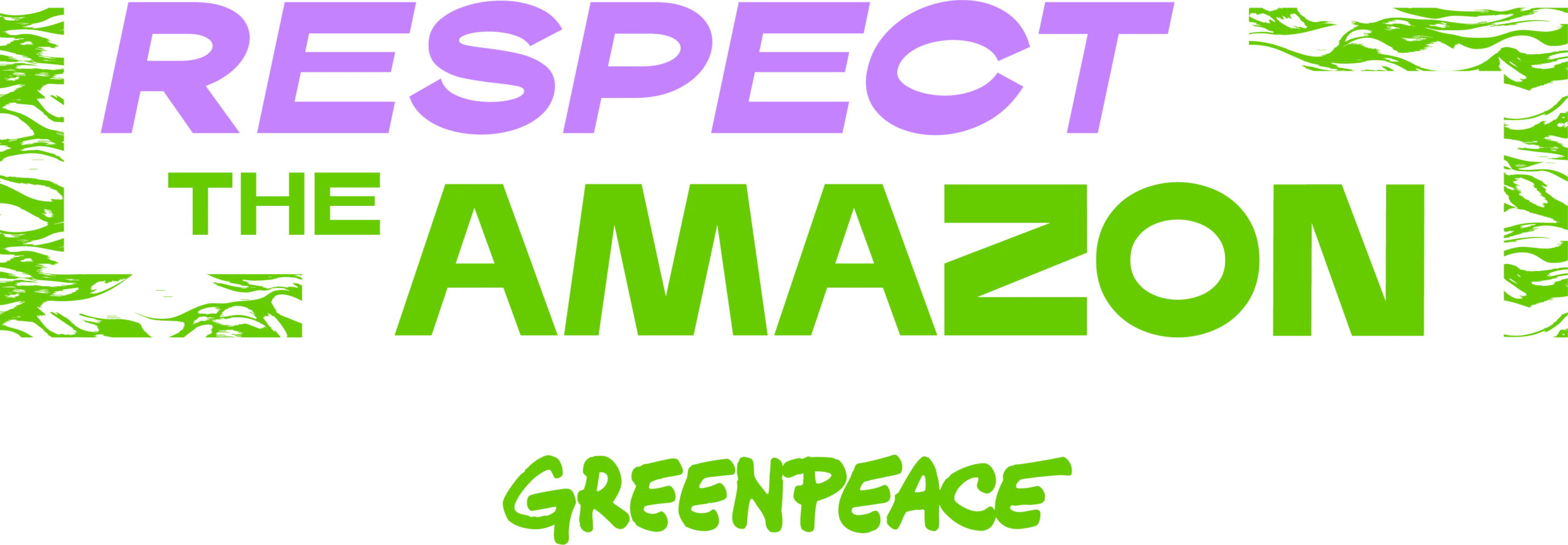Illegal deforestation
A report by Global Witness revealed that JBS purchased cattle from 177 ranches linked to illegal deforestation in 2017 and another 231 in 2018, all located in the state of Pará. According to the organization, flawed assessments conducted by the international audit firms DNV GL and Grant Thornton incorrectly indicated that the company was in compliance with its commitments, failing to identify a significant number of cases involving supply from deforested areas.
